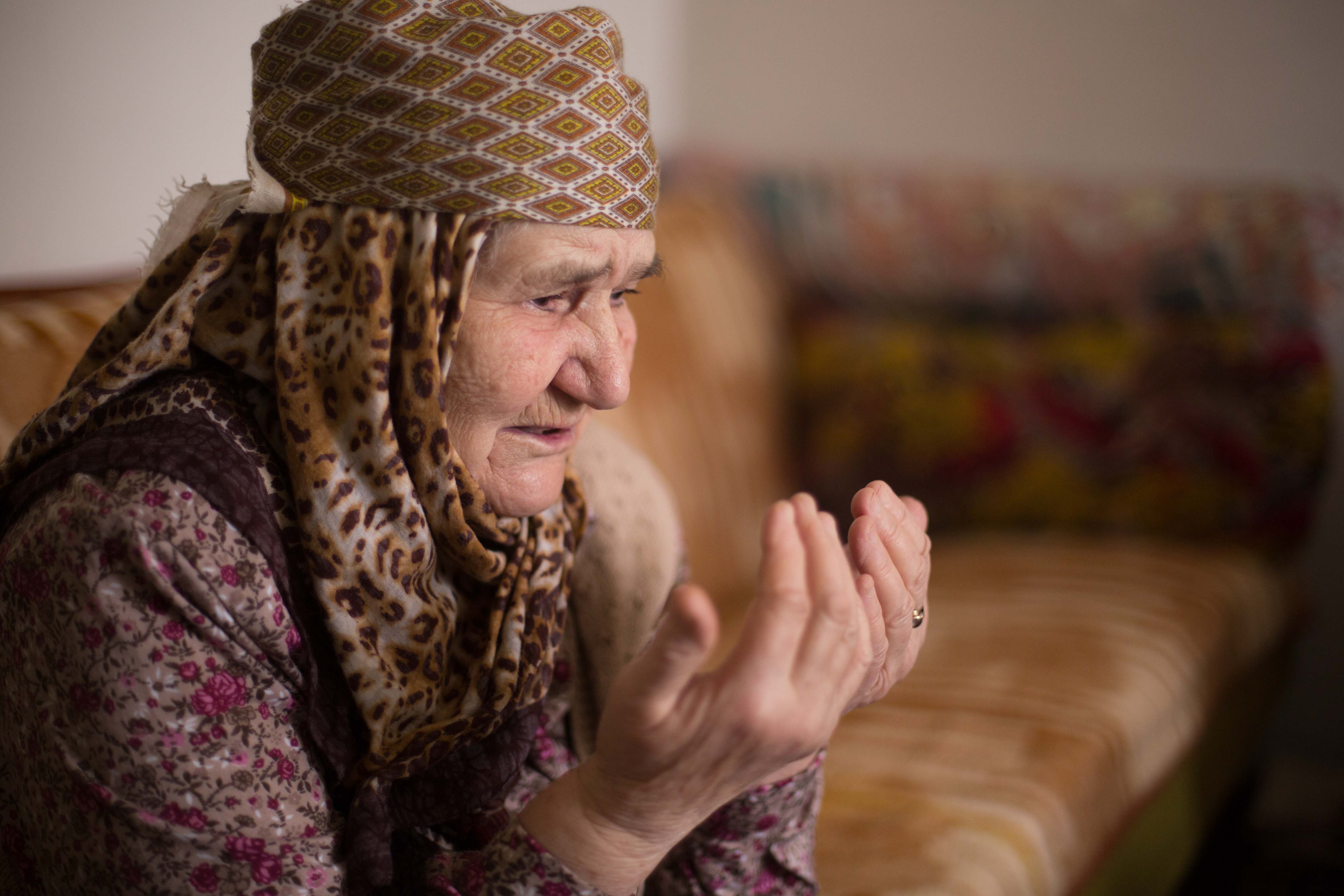Advocates Call for Multi-sectoral Approach to Prevent Gender-Based Violence

Islamic Relief held a panel discussion Thursday, Dec. 13, at the National Press Club, focusing on the need to take strong action on combating all forms gender-based violence.
While both genders are impacted by violence, women are overwhelmingly the victims of domestic violence, genital mutilation, early and forced marriages, and honor killings.
On EFMs, a big myth exists that the practice is rare in the United States. However, as pointed out by Lyric Thompson, director of Policy and Advocacy at the International Center for Research on Women (ICRW), some 250,000 women were forced into early unions in this country between the years 2000 and 2010. But even that number is likely an underestimation, as data collection tends to be incomplete.
In many countries, Thompson said one of the solutions to prevent EFMs is to change laws. Another tactic, such as one used in India, is setting up a cash-incentive program to delay marriage to a more reasonable age. In many instances, EFMs are done for economic reasons.
Naser Haghamed, chief executive officer of Islamic Relief Worldwide (IRW), said many countries, particularly in Africa, permit EFMs to help prevent future instances of sexual assault/rape.
Thompson said there’s little question that a “rape culture” exists in many countries. Still, she added that “child marriage is not the answer.”
While getting more involvement from governments is essential to put in place meaningful laws to stifle the gender-based violence, Thompson said engaging local communities can be even more effective. She provided the examples of Bogaletch Gebre, an Ethiopian women’s rights activist and founder of KMG Ethiopia. Her work led to significant drops in violence against women in Ethiopian villages.
Another example of a bottom-up approach, she said, is Memory Bonda. Thompson said Bonda’s work in Malawi lead to a reduction in child marriages.
Reyhana Patel, head of government relations for Islamic Relief Canada, said the organization had implemented a program in Indonesia to curb the practice of female genital mutilation. The practice was justified in that country for medical reasons, she said.
Patel added that getting faith and community leaders involved can be a big plus. IR has developed program to train imams on how to deal with gender-based violence matters.
“They have a huge responsibility,” she said.
Sandra Pepera, a director at the National Democratic Institute (NDI), said when women are empowered, other marginalized groups tend to gain strength as well.
She said much of the violence is not so much religious-based, as much as it is from the cultures and societies they inhabit.
Moving Forward
All the speakers said the major challenge is to change long-standing social and cultural norms that have normalized gender-based violence, an effort that will require time and a lot of different groups – governments, faith communities, non-profit organizations – to band together.
“We need allies across the spectrum to fight gender discrimination,” Thompson said.
She added what’s particularly needed is a collection of more reliable and actionable data, something that tends to expensive.
Pepera added that, on child marriages, there has to be a change in attitudes regarding gender-based violence.
“You have to press many, many different levers,” she said.
For example, a male attacker shouldn’t get a pass simply because he agrees to marry the woman he assaulted, something that’s common in many cultures. Such a practice, she said, amounts to a “get out of jail free card. ”
“Those are the norms you have to challenge.”
Haghamed added that men and faith leaders also need to be involved in the discussion on shifting attitudes and practice so that everyone is on the same proverbial page.



